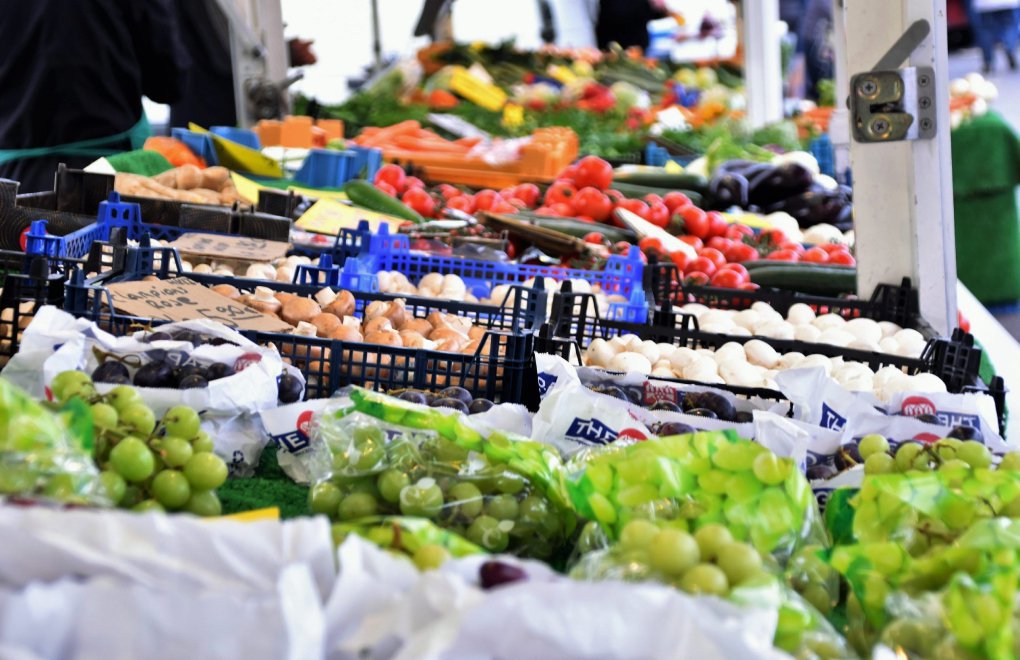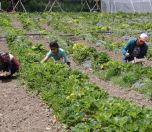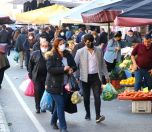Click to read the article in Turkish
Turkey sees the highest food price increase among the countries of the Organisation for Economic Co-operation and Development (OECD).
As of December 2020, Turkey's inflation rate hit 14.6 percent while the food prices in the country have seen an increase of up to 20.6 percent.
With this increase in food prices, Turkey has ranked second in food price increase among developing countries, after Argentina.
This rate of increase has made Turkey the country with the highest food price increase among the OECD countries.
CLICK - Annual inflation rate according to TurkStat: 14.6 percent
As reported by Nuray Tarhan from daily Sözcü, the annual consumer inflation hit 35.8 percent in Argentina as of December 2020; as for the increase in food prices, it saw 40.4 percent in the country.
Republican People's Party (CHP) Bursa MP and Advisor to the Vice Chair on Agricultural Policies Orhan Sarıbal has also referred to the data of the Food and Agriculture Organization of the UN and stressed that food prices have globally increased over the past 7 months due to the pandemic.
However, the main opposition MP has noted that "despite the peak in 2011, food prices have dropped by 17 percent in the world in the last 10 years, while they have increased in Turkey by 225 percent in this period."
'AKP's import-based policies are to blame'
CHP's Sarıbal has also raised concerns that there has been a current global trend of stockpiling agricultural products:
"There are two main reasons behind this trend: Drought and pandemic. As the countries foreseeing that there will be yield loss due to the drought and relying heavily on outside sources have turned to import, the prices of agricultural products keep increasing. It is seen that this upward trend will continue. Because we do not produce enough and we are dependent on outside sources for seeds, fertilizers, agricultural pesticides and fuel.
"As we do not determine the inputs, we cannot control the output prices, either. As domestic production is not sufficient, you remain dependent on other countries. The more the prices of agricultural inputs and agricultural products get across the world, it results in more expensive inputs for producers and more expensive food for consumers."
Concluding his remarks, the MP has noted that the agricultural policies of the ruling Justice and Development Party (AKP) are responsible for this current situation: "The cause of all these is the import-based agricultural policies implemented by the AKP for 18 years." (HA/SD)







-132.jpg)




